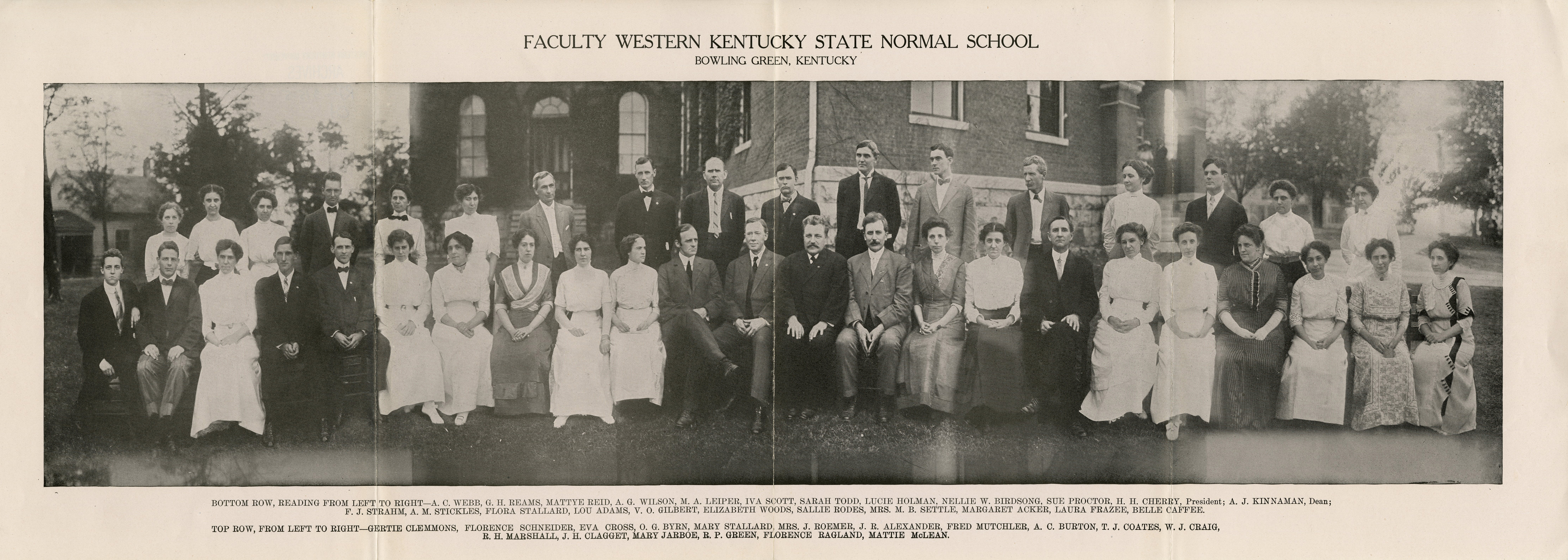Abstract
The character of graduate work is one of scholarly endeavor with highly qualified graduate faculty that work with students to culminate their experience through the completion of a graduate project, thesis, or dissertation. Inherent in this activity is the expectation that faculty will devote themselves to produce scholarly works of their own, spend the time needed to counsel and guide students through the process, and serve as members or chairs of various thesis/project/dissertation committees. Additionally, an increasingly accepted perspective of scholarly activity is the generation of external support for programs, research, and regional economic development, of which faculty and graduate students frequently participate.
Starting in 2008, the Association of Technology, Management, and Applied Engineering (ATMAE) began accrediting master’s level programs. Since that time, three graduate degree programs have been accredited with the expectation of more programs forthcoming. In order to maintain a high standard of excellence and good teaching practice, it is in the best interests of ATMAE accredited higher education institutions to establish policy guidelines for graduate faculty graduate committee workloads as the number and size of graduate programs increases. In 2008, of the approximately 80 technology related graduate programs, 706 technology master’s degrees were awarded (ATMAE, 2009). Graduate enrollment is expected to increase as industrial/engineering and technology faculty retire over the next 10 years (Zargari & Sutton, 2010).
The purpose of this paper is to establish the need and propose the development of policy guidelines for graduate faculty workloads with regard to thesis and graduate project committees.
Disciplines
Education | Educational Administration and Supervision | Higher Education Administration | Higher Education and Teaching | Teacher Education and Professional Development
Recommended Citation
Doggett, Mark, "Graduate Faculty Workloads: Recognizing Scholarship and Student Engagement at the Comprehensive Regional Institution" (2011). Faculty/Staff Personal Papers. Paper 311.
https://digitalcommons.wku.edu/fac_staff_papers/311

